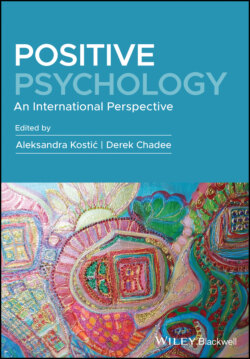Читать книгу Positive Psychology - Группа авторов - Страница 15
2 The Empathy‐Altruism Hypothesis
ОглавлениеC. Daniel Batson
Think of all the time and energy we spend helping others. In addition to daily courtesies and kindnesses, we send money to aid disaster victims halfway around the world – and to save whales. We stay up all night with a friend who just suffered a broken relationship. We stop to comfort a lost and frightened child until his or her parent appears. Sometimes, the help is truly spectacular – as when Wesley Autrey jumped onto a subway track with the train bearing down in order to save a young man who fell while having a seizure. Or when rescuers in Nazi Europe risked their own lives and the lives of family members to shelter Jews.
Why do we do these things? What motivates such behavior? Is it true that “the most disinterested love is, after all, but a kind of bargain, in which the dear love of our own selves always proposes to be the gainer some way or other” (La Rochefoucauld, 1691, Maxim 82)? Or are we also capable of caring for others for their sakes, not just ours? That is, is altruism within the human motivational repertoire?
The significance of the latter possibility depends on what you think altruism is. If, like most behavioral and social scientists, you think of it as personally costly helping – or as helping to gain self‐administered rewards (e.g., a warm glow or avoidance of guilt) rather than to gain material and social rewards – the existence of altruism can’t be doubted. But to say we’re capable of such altruism tells us nothing we didn’t already know. These conceptions trivialize the centuries old egoism–altruism debate. In that debate, altruism refers to a motivational state with the ultimate goal of increasing another’s welfare; egoism refers to a motivational state with the ultimate goal of increasing our own welfare. The dominant view in Western thought has long been that our motivation is always exclusively egoistic – as La Rochefoucauld said.
